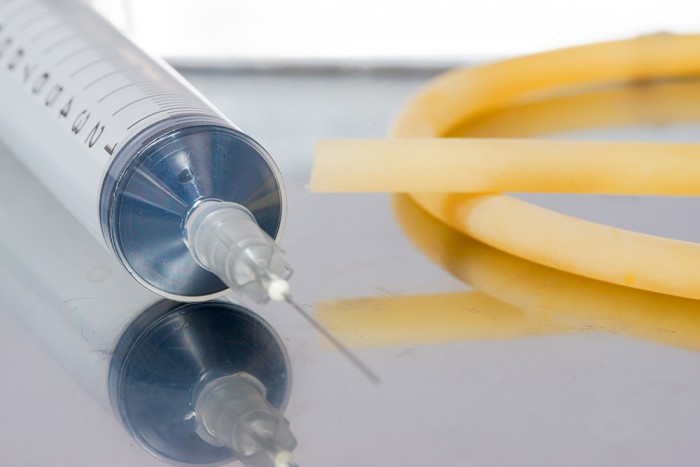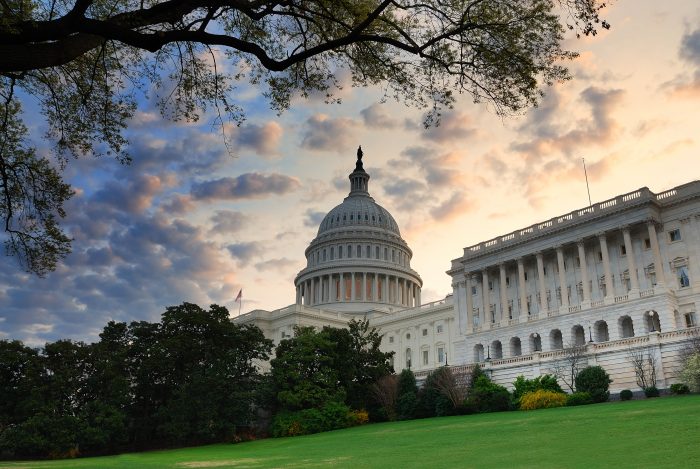sud treatment
DDAP Announces New Training on Anxiety & SUD Treatment Strategies
The Pennsylvania Department of Drug & Alcohol Programs (DDAP) is offering an online training module “Anxiety Disorders & Substance Use Disorder (SUD): Research-Based Strategies & Treatments.” The training covers effective treatments for individuals with co-occurring anxiety and substance use disorders, including cognitive-behavioral therapy, acceptance and commitment therapy, and mindfulness meditation. It includes interactive elements and takes approximately 4 hours to complete. To access the training, create or log in to your account on the TrainPA website and search for “PA-DDAP: Anxiety Disorders & SUDs” under courses. You can email DDAP’s training inbox or call 717-736-7452 for inquiries.
Federal Year-End Spending Bill Includes Numerous MH, SUD Provisions
SAMHSA Proposes Update to Federal Rules to Expand Access to OUD Treatment Through Opioid Treatment Programs
The Substance Abuse and Mental Health Services Administration (SAMHSA) is proposing to expand access to treatment for opioid use disorder (OUD) by making permanent medication flexibilities put in place during the COVID pandemic, including an increase in number of take-home doses of methadone and the use of telehealth in initiating buprenorphine at opioid treatment programs (OTPs).
In its Notice of Proposed Rulemaking to update 42 CFR Part 8, SAMHSA is proposing to improve access to OUD treatment through OTPs. The proposed changes reflect the widespread desire by many stakeholders for SAMHSA to provide greater autonomy to OTP practitioners, positively support recovery, and continue flexibilities that were extended at the start of the nation’s COVID-19 public health emergency. For example, in March and April 2020, SAMHSA published flexibilities for the provision of take-home doses of methadone and for the use of telehealth in initiating buprenorphine in OTPs. Patients deemed stable by physicians have been able to take home up to 28 days’ worth of methadone doses; other patients — again, so determined by their physicians — received up to a 14-day supply. A recent study showed that patients who received increased take-home doses after federal flexibilities were enacted during COVID-19 saw positive impacts on their recovery, including being more likely to remain in treatment and less likely to use illicit opioids.
Fetal Alcohol Spectrum Disorder Weekly Roundup — December 5, 2022
DDAP Information Bulletin: Negative UDS Cannot Be Sole Reason for Denying SUD Treatment
Dec. 13 SUD Committee Meeting to Feature AG’s Office, JSGC, and DDAP Secretary
DDAP Awards Nearly $19 Million to Assist Practitioners With Student Loan Repayment
The Pennsylvania Department of Drug and Alcohol Programs (DDAP) joined RCPA-member University of Pittsburgh Medical Center (UPMC) to announce that DDAP is awarding nearly $19 million in grant funding through its substance use disorder (SUD) loan repayment program. This program is aimed at aiding SUD treatment and case management professionals with repaying their outstanding qualifying educational loans.
More than 280 SUD practitioners, including case managers, counselors, licensed social workers, physician assistants, and registered nurses, were awarded the funding to go toward repaying their student loans. Of the total grant recipients, six are current UPMC employees, each receiving grants of up to $100,000 per person.
“We are thrilled that the administration is investing into helping and boosting the behavioral health care workforce,” said Noreen Fredrick, vice president of ambulatory and community behavioral health services for UPMC Western Behavioral Health and RCPA’s Chairperson-Elect. “Behavioral health workers have been at the forefront of addressing substance use disorders and saving lives. There are many ways in which UPMC is advocating for our employees, and programs like this will certainly help ease the heavy loan burden many clinicians obtain to do this important work.”
High rates of turnover and shortages of health care professionals have placed increased pressure on employee recruitment and retention, as well as access to care for Pennsylvania residents seeking SUD treatment and supports. Through this SUD loan repayment program, DDAP will provide loan repayment opportunities as an incentive to retain SUD practitioners willing to continue providing services within the commonwealth.
Candidates who were selected were required to demonstrate a minimum of two prior years of experience in the SUD field as well as agree to a service commitment of two additional years.
This funding opportunity is made possible from the Opioid Settlement Fund (McKinsey) and Pennsylvania’s Medical Marijuana Program Fund.
“The Wolf Administration remains committed to strengthening the drug and alcohol treatment and case management system across Pennsylvania and this loan repayment program is just one more example of that commitment,” said Secretary Jen Smith. “Easing the burden of student debt is paramount to helping incentivize SUD professionals to remain in this field, which in turn will benefit some of our loved ones, friends and neighbors who need SUD services most.”
Guest View: Mental Health Treatment for Accused Falls Short
CMS Releases Final 2023 Physician Fee Schedule
This week, the Centers for Medicare & Medicaid Services (CMS) announced the Calendar Year 2023 Physician Fee Schedule (PFS) final rule. The final rule includes several National Council and RCPA recommended priorities. These are wins for mental health and substance use care organizations that will help expand access to care by strengthening the workforce.
RCPA recommends members review this 2023 Physicians Fee Schedule Final Rule Summary for impacts on your agencies practice and/or policies.
Key Highlights:
- Telehealth Flexibility Extensions: CMS is extending telehealth flexibilities implemented under the Public Health Emergency (PHE) for a 151-day period after the expiration of the PHE.
- CMS is allowing behavioral health clinicians to offer services incident to a Medicare practitioner under general (rather than direct) supervision.
- Licensed professional counselors and marriage and family therapists are now able to bill incident to Medicare practitioner for their services.
- Medicare will allow opioid treatment programs to use telehealth to initiate treatment with buprenorphine for patients with opioid use disorder, continuing the flexibilities under the Ryan Haight Act of 2008.
- CMS is also clarifying that opioid treatment programs can bill for opioid use disorder treatment services provided through mobile units, such as vans, in accordance with Substance Abuse and Mental Health Services Administration (SAMHSA) and Drug Enforcement Administration (DEA) guidance.
The Final Rule, in alignment with the Consolidated Appropriations Act (CAA) of 2022, implements an extension of a number of flexibilities for a 151-day period after the expiration of the Public Health Emergency (PHE), which is set to expire on January 11, 2023.
In the event of further extensions of the federal PHE, we will communicate this info to members. Under the current timeframe for PHE continuation, states must be notified by November 11, 2022.
We thank our members and Steering Committees for their guidance, recommendations, and support through the review process. If you have any questions, please contact your respective RCPA Policy Director.

















